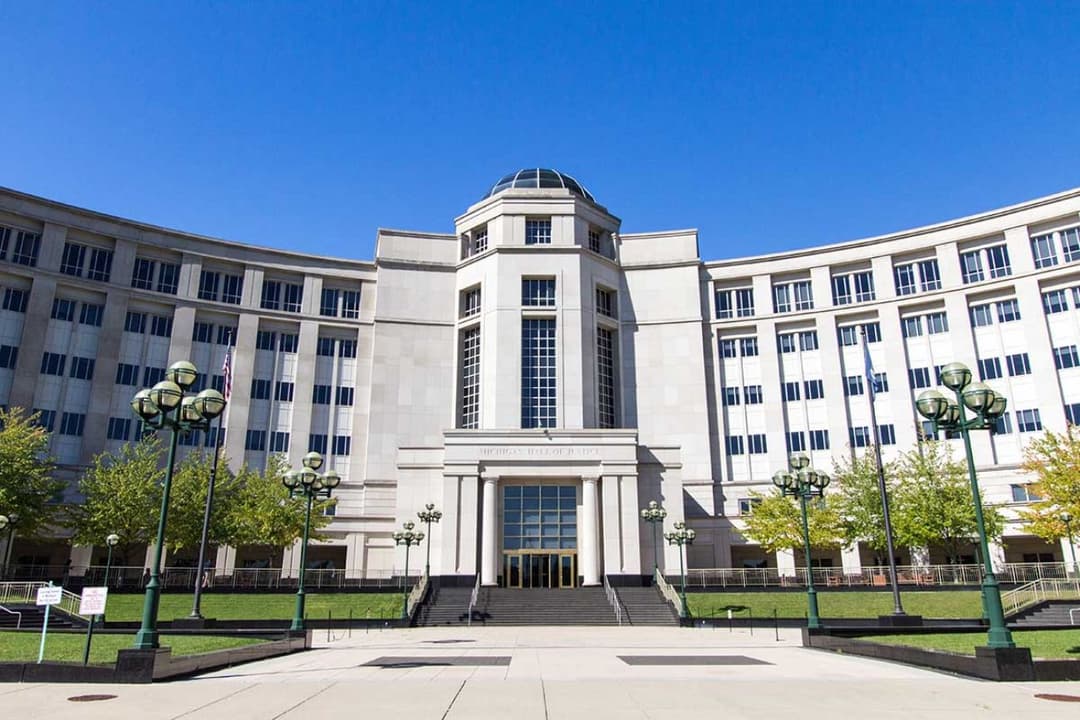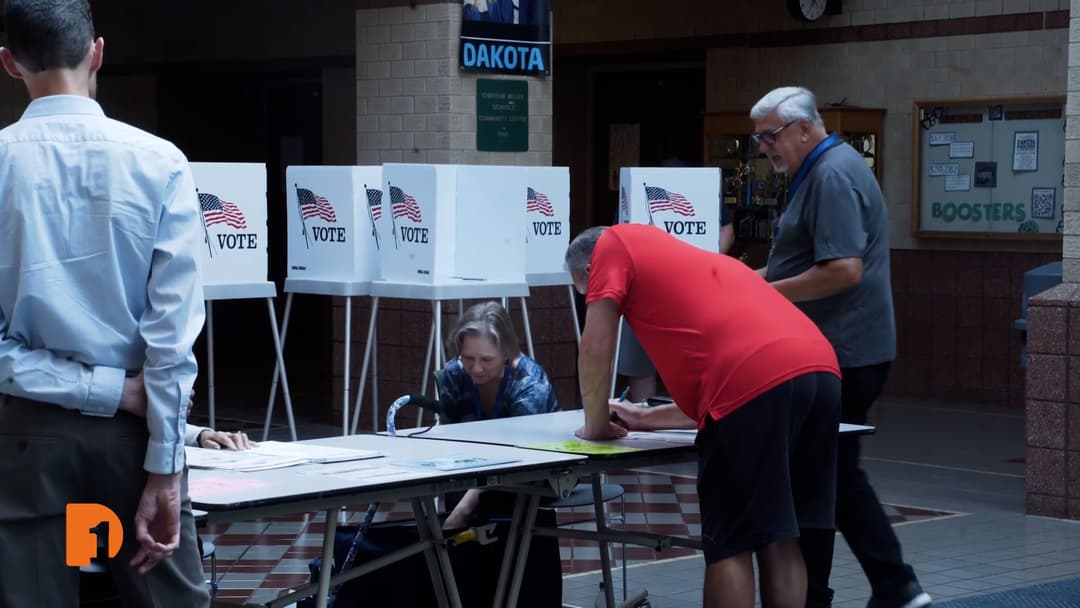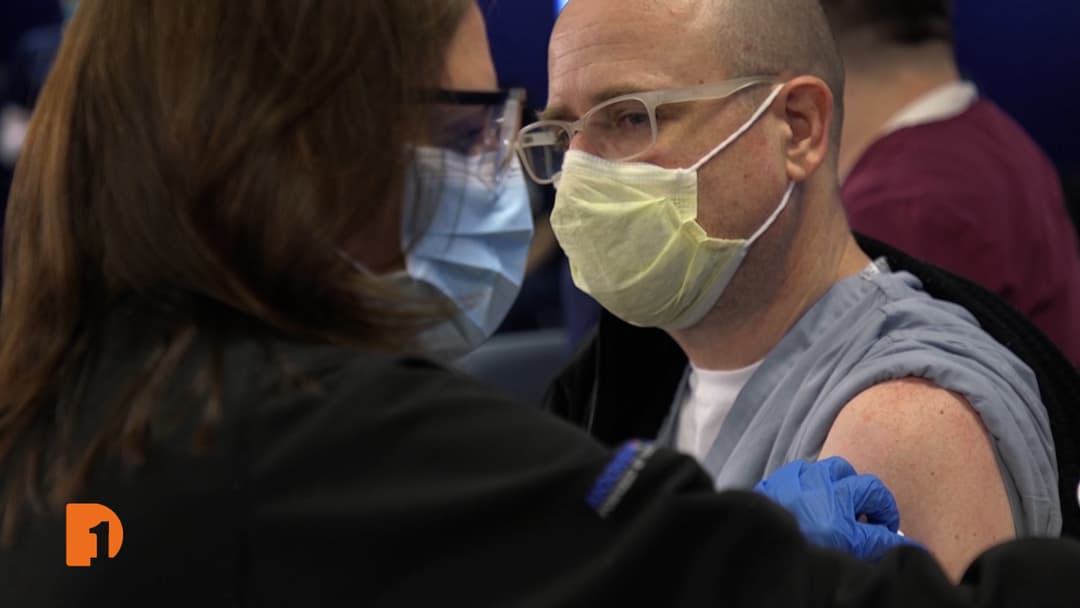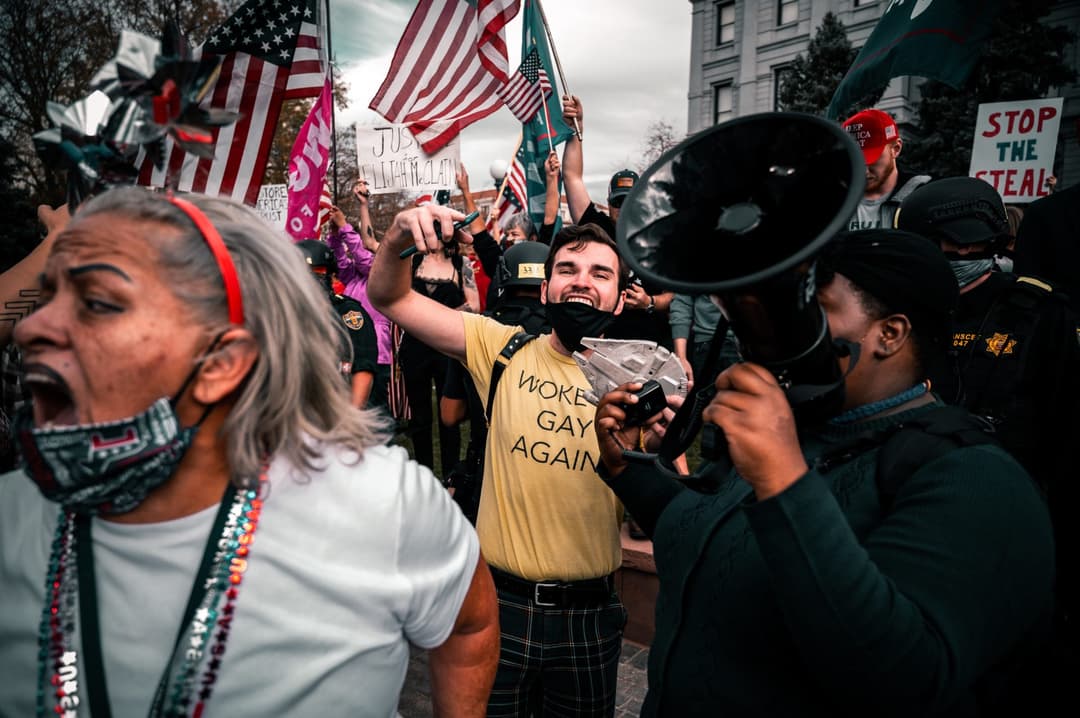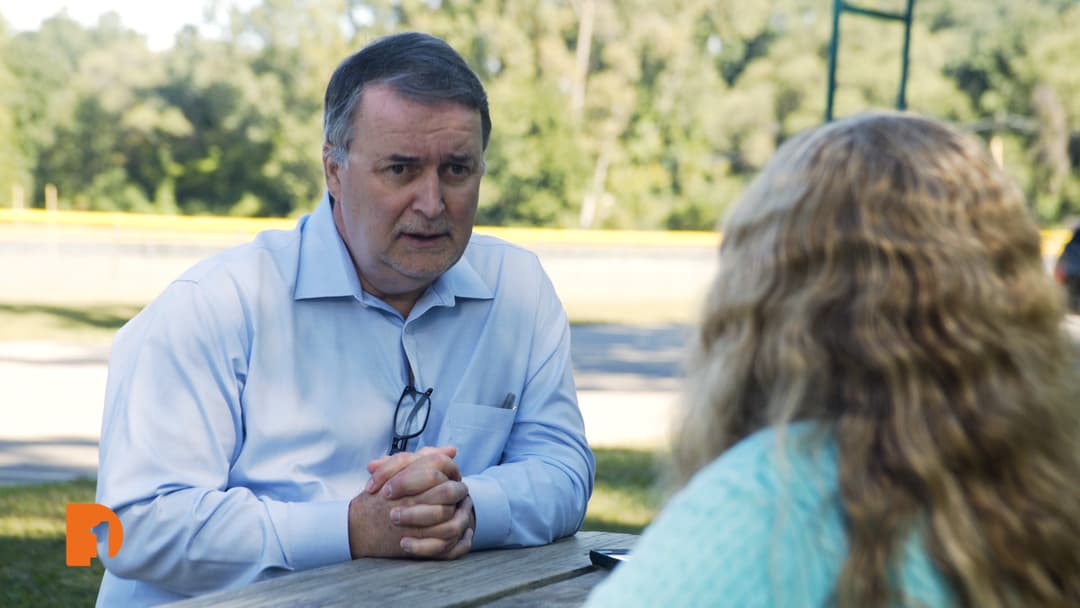Could Roe v. Wade Be Overturned This Year? The Ramifications We May See in Michigan
May 12, 2022
In a first-ever in the history of the U.S. Supreme Court, a draft opinion has been leaked. The draft opinion, written by Justice Samuel Alito, Jr., suggests the court’s majority favors overturning the landmark 1973 Roe v. Wade court decision that granted the federal protection of abortion rights.
RELATED: Overturning Roe v. Wade: Black Women Disproportionately Affected by SCOTUS Abortion Ruling
As the investigation into the person responsible for the leak continues, One Detroit Senior Producer connects with University of Michigan Law Professor and former U.S. attorney for Michigan Barbara McQuade to talk about the security breach, how soon the U.S. Supreme court might make a decision on abortion rights, the ramifications we may see with Michigan’s abortion laws if the decision is overturned and how other laws related to contraceptives, interracial or same-sex marriages and more could be impacted by Roe v. Wade court decision being overturned.
Full Transcript:
Bill Kubota: Barbara McQuade, Professor of Law at the University of Michigan, former U.S. attorney for Michigan, thanks for talking to One Detroit.
Barbara McQuade, Professor of Law, University of Michigan: Oh, you bet, Bill. Thanks for having me.
Bill Kubota: We’re talking the latest about abortion, the draft opinion regarding the overturning of Roe v. Wade being leaked. A leak? Is that a common thing and why would that happen?
Barbara McQuade: Well, first, I think the substance of the opinion is the big news here, that there is this seismic shift apparently coming in reproductive rights in America. But the leak is highly unusual. You know, historically, there have been some verbal leaks of the way the court was going to be making a decision or that somebody wouldn’t be joining the majority. But this is the first time ever that an entire draft opinion in hardcopy has been leaked to reporters. And I think it is a very significant matter.
It, I think, will tend to undermine the public confidence in the Supreme Court. It tends to show that there is less internal respect than I think we had previously thought. I think there are theories that conservatives wanted to do this to lock in those votes, or liberals wanted to do this to generate outrage and create public pressure to change. But I think that you have to also expand the scope to think about who had access to this. Could it have been someone working from home where a friend or family member or household worker got a hold of it? Could it have been obtained in a hack?
I mean, hostile foreign adversaries love to find wedge issues in America and exploit people in the stealing of emails and other kinds of things. So, I think that we should not make any assumptions about who might have leaked it.
Bill Kubota: How soon do you think we’ll see an actual ruling?
Barbara McQuade: Typically in these very significant cases, they come out very late in the Supreme Court’s term, and that’s because they are exchanging these drafts. This looks to be of the first draft. Some of the language is quite strong and what often happens is, as it gets circulated, either votes change, or some justices want certain language removed or a certain language inserted. And it often gets a little softer. Some of those hard edges get rubbed off. And so, typically the court ends its term in late June. Sometimes it’s spilled even into July just to give them sufficient time to exchange those drafts and get the final version out the door.
Bill Kubota: Legal folks say the Supreme Court will allow states to make any law they want regarding abortion. In Michigan, it gets a little complicated. We’ve had an abortion law on the books since 1931, lying dormant since the Roe decision. And then here in Michigan, you’re looking at what we’d almost consider an ancient law that might take effect. Talk about that.
Barbara McQuade: Yes. So, there are two types of laws that are already on the books. One is what are called trigger laws, about 13 states have those. And those laws were passed after 1973 that say if Roe is ever overturned, these laws will go in place, and they ban abortion. Michigan has a different category of laws. About a dozen states have these, and they’re sometimes being referred to now as “zombie laws”. That is, they’re ancient, as you say, but they’re coming back from the dead. They were on the books at the time Roe was decided in 1973, but they became moot once that decision was made because it said that they were no longer good law. So, they’ve lingered there on the books all this time.
And if and when this decision becomes final and Roe is overturned, then those laws will revert back. So, Michigan, we have one, it’s a 1931 law that makes it a felony for a provider, a health care provider to perform an abortion. Now, what’s interesting about Michigan’s law is the language of the statute is a little dated. It talks about things like causing a miscarriage, which isn’t exactly what happens in all abortion cases. And so, it may be that there are problems with that statute. It may be unconstitutionally vague. And in fact, our governor, Governor Whitmer, has already filed a lawsuit saying that, that statute violates the Michigan Constitution under the due process clause and the equal protection clause of the Michigan Constitution.
Bill Kubota: So that’s before the state Supreme Court, is that the case? So, we have another Supreme Court that’s going to potentially affect all of this?
Barbara McQuade: Yes, I think one thing that’s important to understand, is that all of us are protected by the U.S. Constitution, and that is the safety net that protects us from either federal or state laws that might overreach and violate our constitutional rights. But every state also has its own constitution, and that state can create even more protections than the federal constitution or different protections.
And so, in Michigan, we have a very different document. And what’s interesting about Michigan’s constitution is it was enacted in 1963, which is after this 1931 statute. And so, it is quite possible that it was contemplating, the people who wrote the statute were certainly not contemplating this constitution when they enacted the bill. There are other state constitutions, including California, that protect to explicitly protect the right to an abortion.
Bill Kubota: There are concerns the Supreme Court could put other rights at risk, rights not explicitly written into the Constitution, but accepted now. Think birth control, interracial marriage, things connected to the Roe decision.
Barbara McQuade: And so, what Roe held is that there is this right of privacy. It’s not explicitly included in the Constitution, but it is presumed there’s a 9th Amendment provision that says, “rights that are not enumerated are reserved for the people”. And so, Roe was based on that concept. But since that time, the court has also used that same reasoning to find privacy rights that extend to the right to contraceptives, the right to interracial marriage, the right to same sex marriage. And so, if you take away that grounding of that right to privacy, then all of those other things are built on a shaky foundation and might fall as well.
Bill Kubota: Are you concerned that that might actually happen?
Barbara McQuade: I think that it’s difficult to say. You know, the courts only decide cases that are in front of them. In this draft written by Justice Sam Alito, he does address these things and says these things are different, we’re not deciding those things today. But that will later be dismissed as people as mere dicta, which is language in the speech, in this case, it’s not controlling. And so, I’m sure we will get those challenges. I’m sure we will find states that want to pass those laws. You know, we have some very aggressive conservative lawmakers in states like Florida and Texas who are looking to make a name for themselves in conservative political circles. And so, you know, enacting a law on those bases will work its way through the courts and I’m sure they would be challenged, and then we would find out.
Bill Kubota: Well, I suspect we’ll want to check in with you again as these things move along. Barbara McQuade, Law Professor at the University of Michigan, thanks for talking to One Detroit.
Barbara McQuade: Thank you, Bill.
Stay Connected:
Subscribe to One Detroit’s YouTube Channel & Don’t miss One Detroit Mondays and Thursdays at 7:30 p.m. on Detroit PBS, WTVS-Channel 56.
Catch the daily conversations on our website, Facebook, Twitter @DPTVOneDetroit, and Instagram @One.Detroit
View Past Episodes >
Watch One Detroit every Monday and Thursday at 7:30 p.m. ET on Detroit Public TV on Detroit Public TV, WTVS-Channel 56.
Stay Connected
Subscribe to One Detroit’s YouTube Channel and don’t miss One Detroit on Thursdays at 7:30 p.m. and Sundays at 9 a.m. on Detroit PBS, WTVS-Channel 56.
Catch the daily conversations on our website, Facebook, Twitter @OneDetroit_PBS, and Instagram @One.Detroit
Related Posts
Next
5/12/22: One Detroit - Overturning Roe v. Wade, Patrick Lyoya & Police Reform, AAPI Story Series
Leave a Reply
Your email address will not be published. Required fields are marked*












